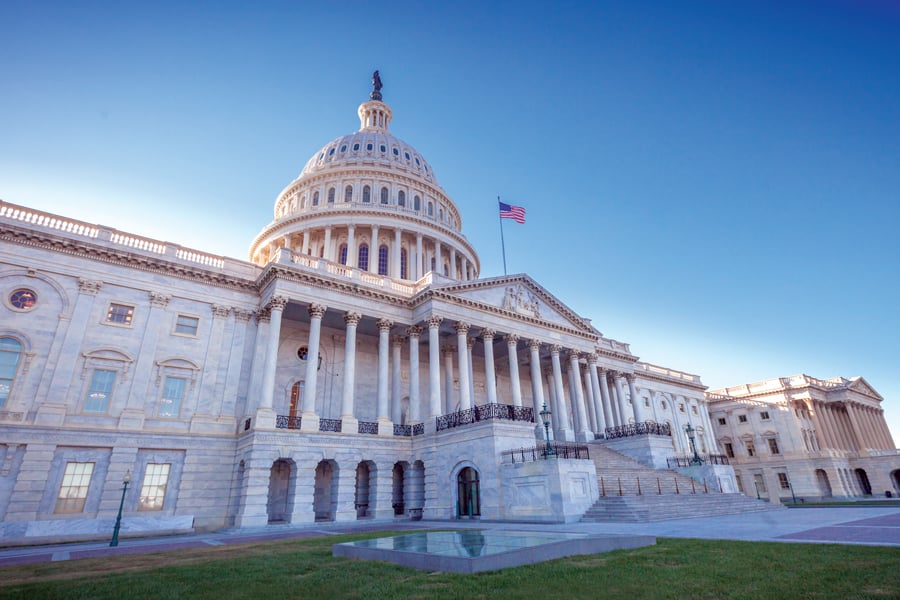Measures would make it easier for small businesses to join pooled plans and provide companies with incentives to use auto enrollment, escalation
A bipartisan group of senators introduced a package of retirement savings bills Tuesday that includes making it easier for small employers to join pooled employer plans and giving employers incentives to use automatic enrollment and automatic escalation features.
Some of the features of the four bills in the package mirror ideas advanced by the Senate Finance Committee in the proposed Retirement Enhancement and Savings Act of 2018. RESA, introduced in March, also would ease nondiscrimination testing rules for plan sponsors, lift a 10% safe harbor cap on default contributions for automatic enrollment and escalation in defined-contribution plans, and give cooperatives and small-employer charities smaller Pension Benefit Guaranty Corp. premiums. Its progress is considered stalled in the House, but some of its ideas could be included in House Republicans' plans for another round of tax reform later this year, retirement security advocates said.
The latest package — introduced by Sens. Todd Young, R-Ind., Heidi Heitkamp, D-N.D., Tom Cotton, R-Ark., and Cory Booker, D-N.J. — is aimed at expanding workplace retirement savings plans for an estimated one-third of full-time workers, and creating more savings vehicles in general. On the latter issue, the package calls for short-term savings accounts to help with financial emergencies and for allowing part of tax refunds to go into rainy day savings accounts.
Like RESA, one of the package's bills — the Small Business Employees Retirement Enhancement Act, S. 3219 — would lower the administrative cost to employers of offering a 401(k) plan, but it also would reduce the fiduciary risk of selecting and monitoring open multiple employer plans and shift that responsibility to the pool providers.
Another bill in the package, the Retirement Flexibility Act, S.3221, aimed at getting more plan sponsors to use automatic enrollment and automatic escalation, would give them a safe harbor from certain regulatory testing of employee limits and employer matches.
Between the Senate actions and House Ways & Means Chairman Kevin Brady, R-Texas, and other Republicans now considering retirement ideas, "there seems to be significant momentum on something crossing the finish line this year. Retirement security is finally getting the attention it deserves," said Shai Akabas, director of economic policy at the Bipartisan Policy Center.
Hazel Bradford is a reporter at InvestmentNews' sister publication Pensions&Investments.







